 |
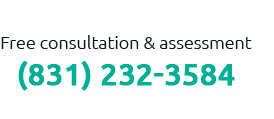 |
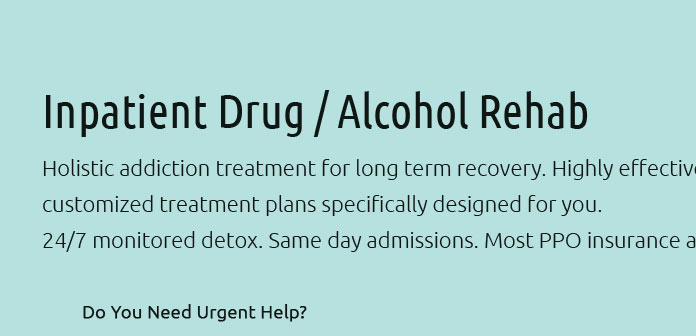 |
 |
 |
 |
||
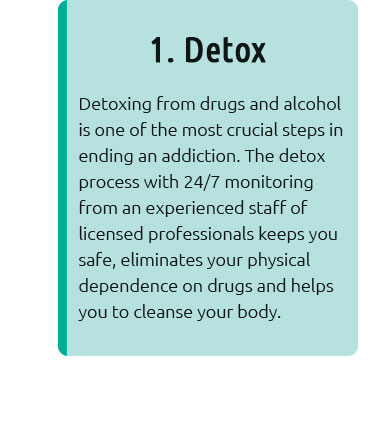 |
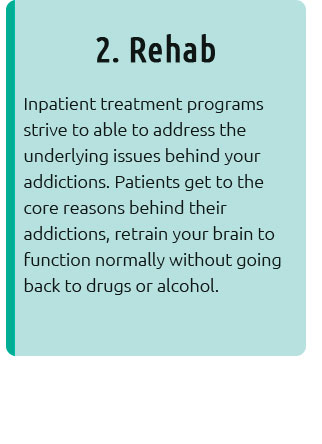 |
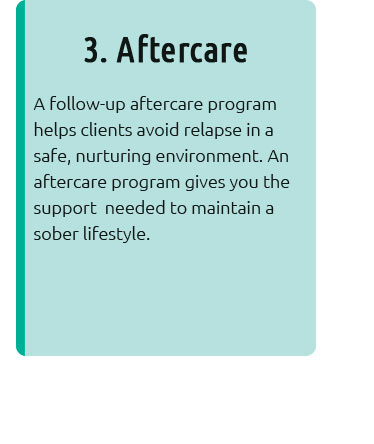 |
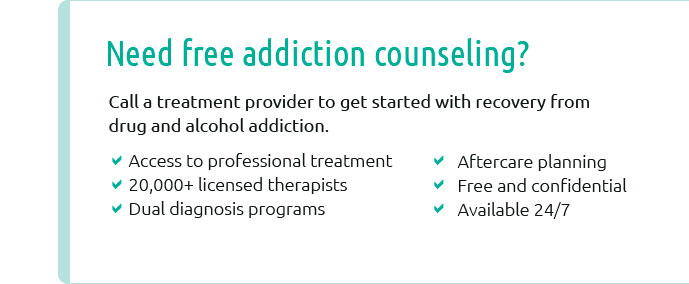 |
 |
 |
 |
||
 |
||
 |
||
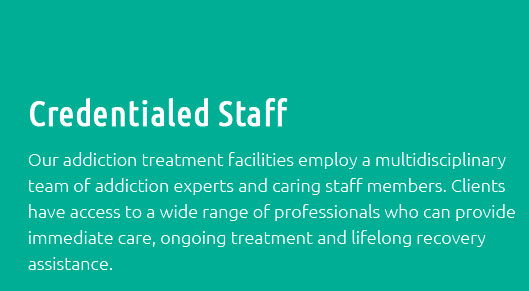 |
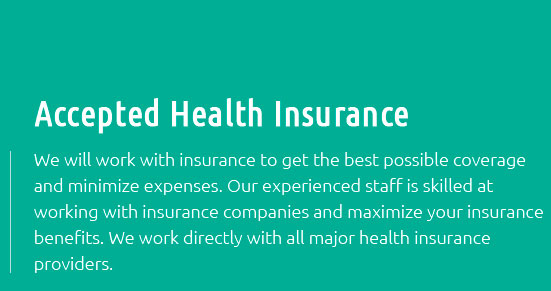 |
 |
|
 |
|
|
Welcome to a transformative journey at our inpatient drug and alcohol rehab, where hope meets healing in a sanctuary designed for profound recovery-our state-of-the-art residential treatment center specializes in dual diagnosis, uniquely addressing both addiction and mental health issues with an integrated approach that empowers you to reclaim your life; here, you're not just a patient, but a valued individual on a path to a brighter, substance-free future, supported by a dedicated team of experts who understand the complexities of dual diagnosis and are committed to guiding you every step of the way towards lasting change.
https://www.psychologytoday.com/us/treatment-rehab/california?category=dual-diagnosis
At Evolve, we provide the highest caliber of evidence-based residential treatment for children and adolescents struggling with depression, anxiety ... https://fairoaksrecoverycenter.com/treatment-recovery-center/
However, Fair Oaks Recovery Center offers treatment programs that can help people with dual diagnoses. 6 Common Dual Diagnosis Conditions: Depression and ... https://www.newstartrecoverysolutions.com/northern-california-dual-diagnosis-addiction-treatment/
Dual Diagnosis and Co-occurring Disorders. Dual Diagnosis Addiction Treatment Concord, Monterey, Sacramento, Bangor, Reno. Call 866-303-6275.
|